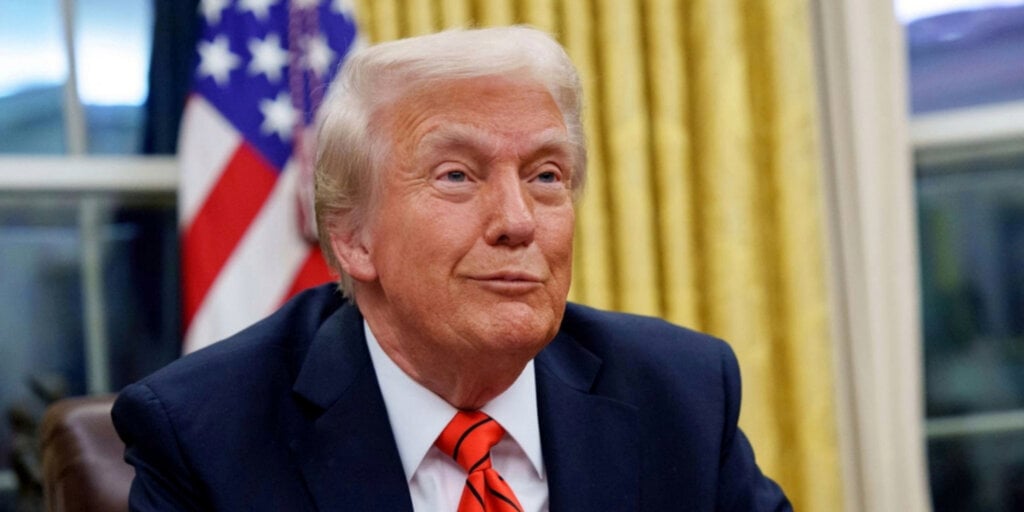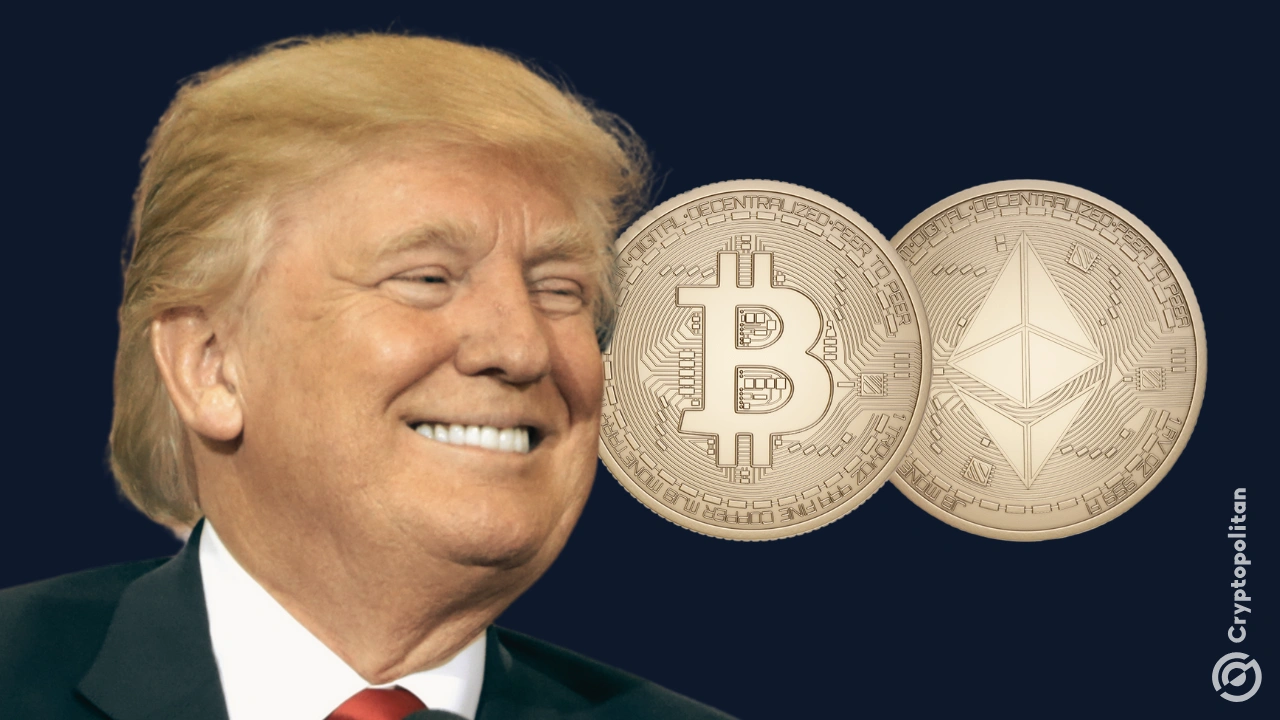In the first major crypto legislative action, President Donald Trump signed on a bill repealing the controversial IRS’s Digital Assets Sale and Exchanges Rule, more commonly referred to as the DeFi Broker Rule.
Hailing the move, Congressman Mike Carey posted “HISTORY MADE,” saying the law removes an undue burden from decentralized finance.
What Was the IRS DeFi Broker Rule and Why Was It So Opposed?
This rule came from Infrastructure Act changes, expanded the definition of a “broker” to include anyone transferring digital assets for a fee. Critics argued that applying the rule to self-hosted or non-custodial wallets and decentralized protocols was impossible to comply with and clearly aimed to stifle innovation.
Opposition grew (>44k comments against the rule in 2023), spurring lawmaker support for repeal. Despite the backlash, in late 2024, the IRS under the Biden administration continued its enforcement approach and even finalized a second rule that extended reporting to software developers and decentralized systems—an attack on the very core of decentralized finance.
Related: Kava (KAVA) Price Prediction 2025 to 2030: Will the DeFi Token Regain Strength?
This prompted a coalition led by @fund_defi and @TXBlockchain_ to send legal notices to the Internal Revenue Service, asserting that the rule was unconstitutional and exceeded their authority.
Crypto Relief Act Signed: How Did Congress Overturn the IRS Rule?
Pro-crypto legislators like Sen. Cruz/Rep. Carey worked to pass the needed Crypto Relief Act (CRA) with strong bipartisan backing. The law nullifies the damaging rule, reinforcing Congress’s original intent on digital asset reporting, and reaffirms the United States as the crypto capital of the world.
Critics of the previous IRS/ Treasury department overreach are celebrating the repeal as a victory over regulatory overreach and as a beacon of hope for the future of decentralized finance.
Related: Is This Your ‘Last Chance’ to Buy Altcoins Low Before a Predicted Surge?
This repeal might open the door for more crypto-supportive policies, potentially helping new ideas and growth in digital assets. The industry watches for America’s next crypto steps.
















No comments yet